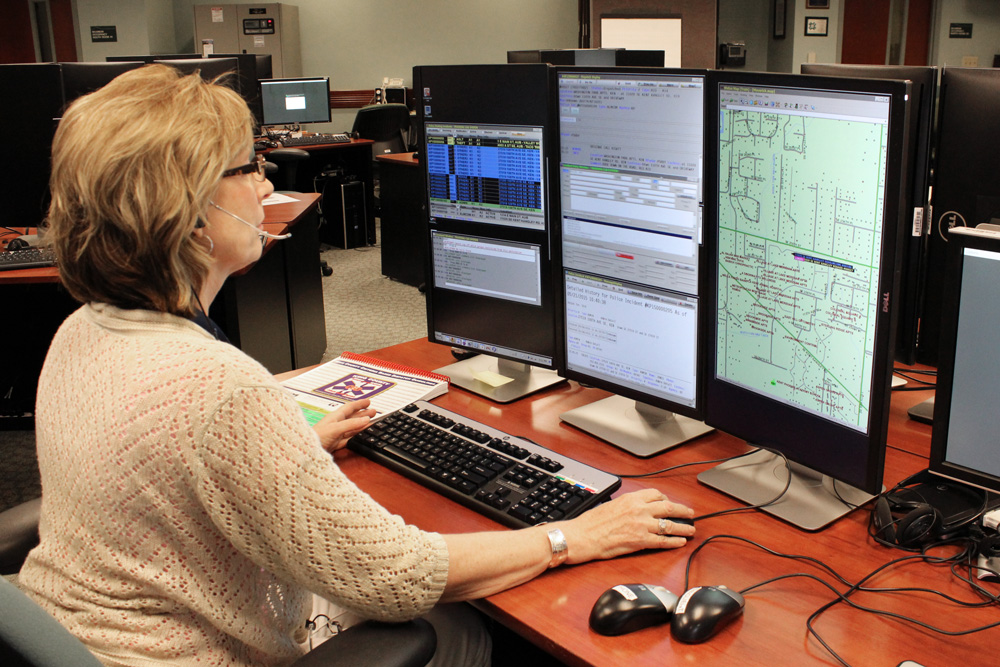9-1-1 telecommunicators perform work that is stressful mentally, physically, and emotionally. This stress can lead to burn-out, decreased job performance, poor health, and a host of other problems—both for individual employees and for the workplace. In this training, 9-1-1 call center managers will learn practical tools and techniques for reducing employee stress and promoting mental and physical wellness at work.
The information in this training was designed to be useful not only for 9-1-1 call center managers, but also for telecommunicators, first responders, and other managers and workers in high-stress professions.
Learning Objectives
- Describe the effects of job-related stress on 9-1-1 telecommunicators.
- Recognize and respond to job-related trauma in 9-1-1 telecommunicators.
- List actions managers can take to improve stress in 9-1-1 telecommunicators.
- List ways to reduce the stress associated with implementation of new technology.
- Describe effective approaches to managing staffing needs to avoid stress due to overtime work.
- Apply conflict management strategies to conflicts between employees.
- Create a policy to prevent and respond to workplace bullying.
- Create a workplace wellness program to encourage physical activity and good nutrition.
- Plan to hold a flu shot clinic at a PSAP.
Intended Audience
9-1-1 call center managers, telecommunicators, first responders, and other managers and workers in high-stress professions.
Background
This toolkit was developed to give 9-1-1 call center managers additional tools to help reduce stress among employees. The content includes findings from the scientific literature, information from other publications, best practices reported by managers of 9-1-1 call centers, and expert opinion from the clinical psychologists on our research team.
Research Team
Hendrika Meischke, PhD, MPH
Principal Investigator
Janet Baseman, PhD, MPH
Principal Investigator
Randy Beaton, PhD
Co-Investigator
Michelle Lilly, PhD
Co-Investigator
Ann Tu, MD, MPH
Co-Investigator
Ian Painter, PhD, MSc
Biostatistician
Debra Revere, MLIS, MA
Research Scientist
Becca Calhoun, MPH
Research Coordinator
Scott Stangenes
Research Coordinator
Support
This project was supported by grant number ROH010536 funded by the National Institute for Occupational Safety and Health (NIOSH), the Centers for Disease Control and Prevention. Its contents are solely the responsibility of the authors and do not necessarily represent the official views of the Centers for Disease Control and Prevention or the Department of Health and Human Services.
Acknowledgments
The developers of this toolkit would like to thank the following organizations for contributing materials used in this toolkit:
- Cresa Call Center
- Skagit 9-1-1
- PACE study
- UC Davis Occupational Health Services

